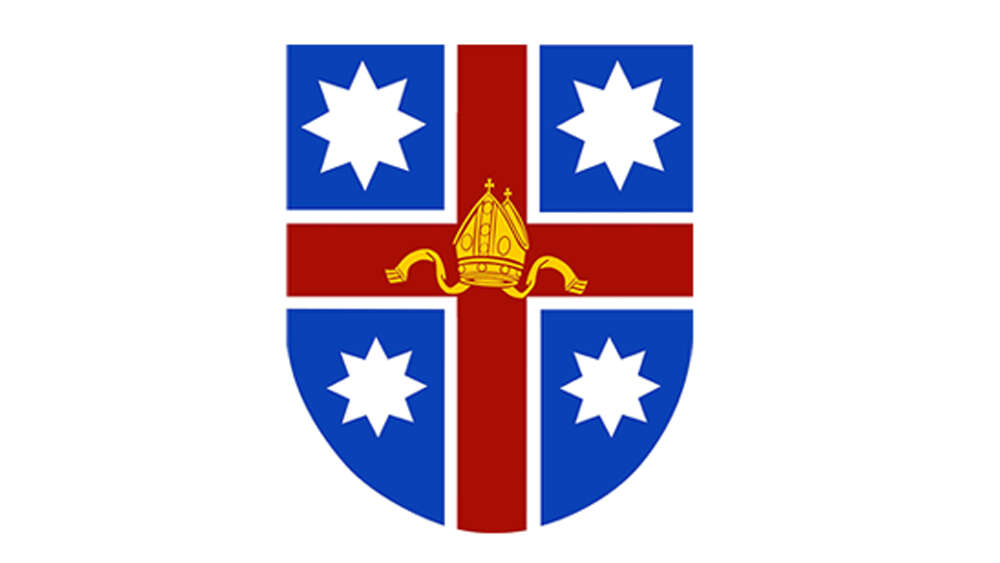“It’s not un-Anglican to applaud,” Father Peter MacLeod-Miller told the congregation at St Matthew’s church in Albury at the end of a service of blessing on Sunday for Peter Sanders, 58, and Peter Grace, 62, who were married two years ago, the ABC reports.
Ceremonies to bless same-sex and other couples who have been civilly married have been authorized in Wangaratta, an Anglican diocese (region) that includes the city of Albury across the river in NSW.
The two Peters came south from NSW’s Armidale diocese, which is evangelical. The Bishop (regional leader) Rod Chiswell has said the couple couldn’t be leaders in their local church, St Mary’s West Armidale.
This service of blessing is the latest in a growing crisis in the Anglican Church of Australia following the Wangaratta diocese’s authorisation of the service of blessing and the church’s peak legal council, the Appellate Tribunal upholding it.
The tribunal determined that the Wangaratta service of blessing was not against the Anglican Church’s constitution. The Tribunal majority argued that marriage had shifted sufficiently since the foundational documents referred to in the Anglican Constitution – the marriage of divorced persons, or the removal of “obey’ from marriage promises – so that there is not a clear doctrine of marriage enshrined in them. In the tribunal majority’s view “fundamental doctrine” is restricted to “the Church’s teaching on the faith which is necessary to salvation,” and the creeds. The Tribunal Majority preferred Wangaratta’s submission on these issues rather than Sydney’s, which argued that the 1662 Book of Common Prayer does define a doctrine of marriage and that this does form part of the church’s standards.
In any case, the tribunal pointed out that Wangaratta’s ceremonies are not marriages – but blessings of persons already married civilly.
The tribunal controversially set aside the unanimous advice of two key committees in making its decision – the House of Bishops and another senior group, the Board of Assessors, in letting the Wangaratta service stand.
The Anglican Church of Australia’s General Synod (church parliament) has voted repeatedly to have a traditional view of marriage. This has included criticism of other churches that have adopted same-sex marriage.
The evangelical Sydney diocese expressed that the church cannot hold two views and remain tether on this issue. A public statement by the Sydney bishops stated, “It would be naïve to think that mutually contradictory views on same-sex marriage can co-exist within our national Church. Pronouncing God’s blessing on a same-sex marriage is contrary to the teaching of Christ. It is therefore untenable to have some members of the Church purporting to declare God’s blessing in such circumstances. To pursue this course will not bring healing but will only lead to a collapse in the fellowship that binds us together.”
Geoffrey Smith, Archbishop of Adelaide the Primate or Titular head of the Anglican Church of Australia, wrote to his fellow bishops last year saying despite the tribunal’s actions, the church’s doctrine had not been altered and that“There has not been a flood of same-sex blessings following the Appellate Tribunal opinion. Not a flood, not a trickle. Not a drip.”
Perhaps the “two Peters” constitute a drop. And with a few other ceremonies, might constitute a drip.
This slow-moving culture war in the church will come to a head in the General Synod (church parliament) in May this year at RACV Royal Pines Resort on the Gold Coast.
While the conservative wing of the church is increasing its influence, the structure of the General Synod may be decisive. As previous votes indicate, the conservatives have the numbers in two of the three “houses” of the synod. The conservatives would seem to be ahead among the clergy (ministers) and laity (ordinary members). But the House of Bishops (regional leaders) will be harder to pick.
To pass, a motion may need assent from all three houses if a “vote by orders” is called upon.
However, the ability of the General Synod to impose solutions on local dioceses (regions) in the Anglican Church of Australia is limited. Attention will also focus on the conservatives GAFCON (“Global Anglican Future Conference” group intention to set up an unofficial diocese to plant churches in dioceses where same-sex blessings occur.
Should the General Synod not come up with a solution that favours the conservatives, GAFCON will go ahead.
Email This Story
Why not send this to a friend?



